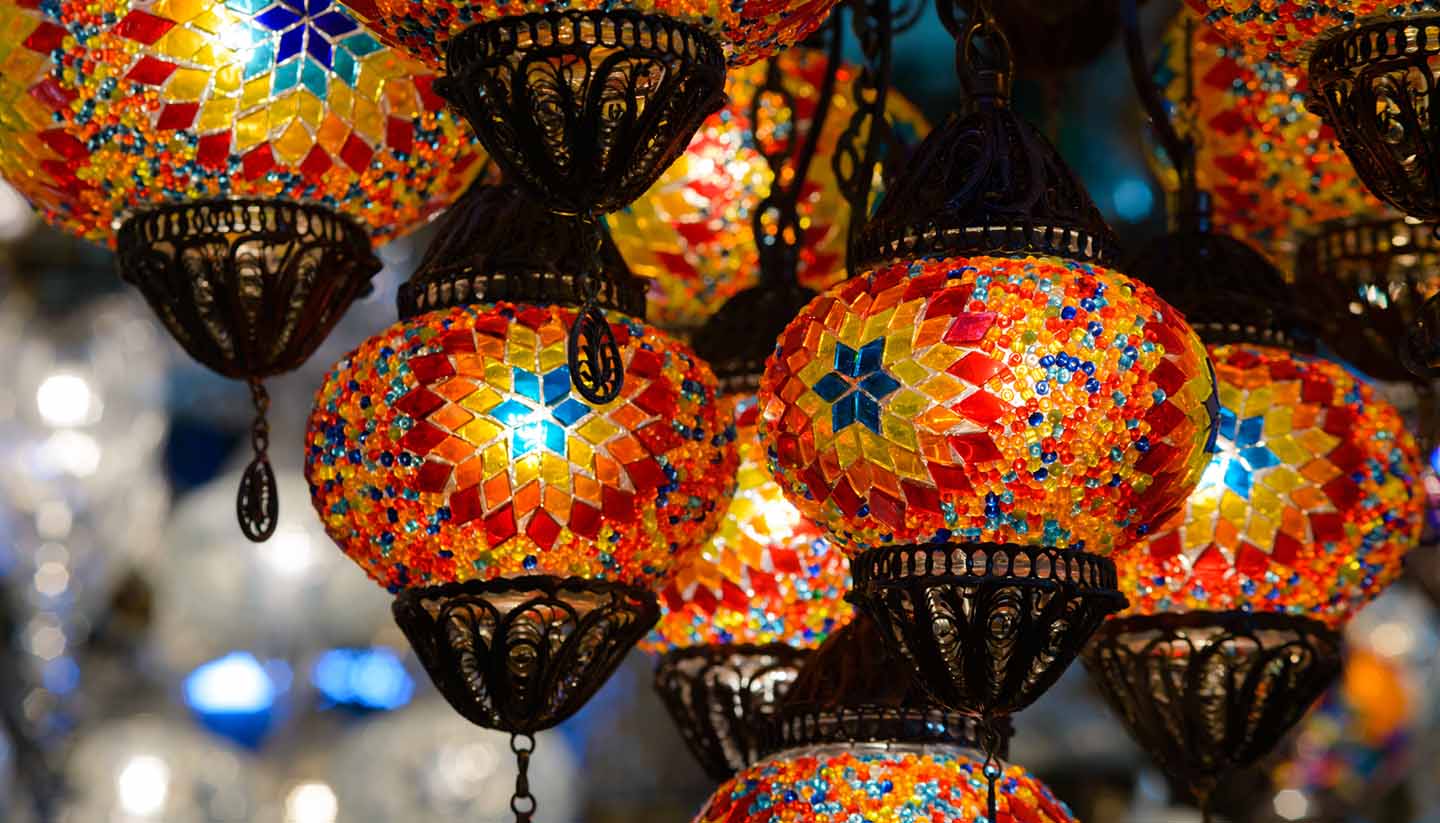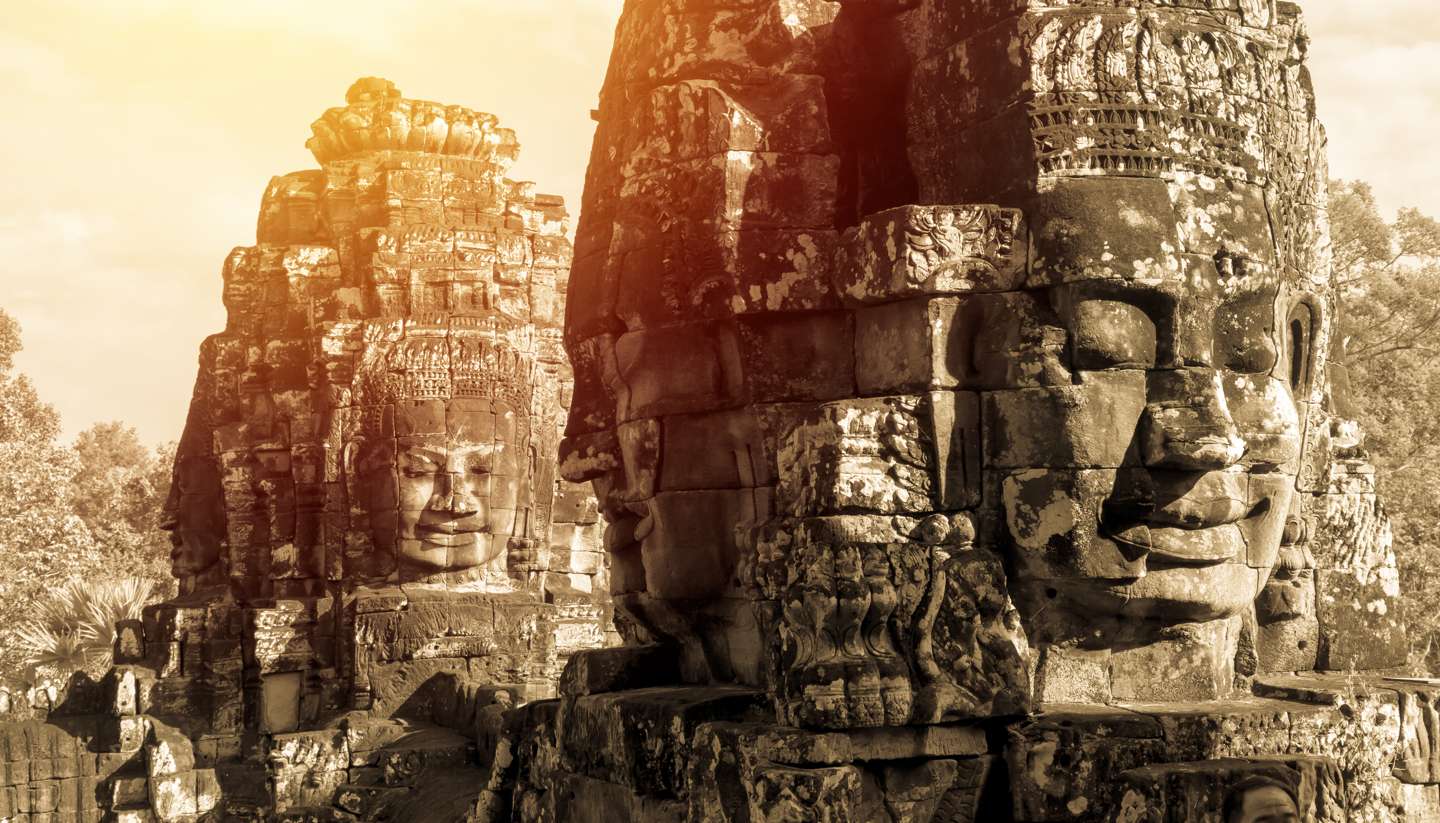Turkey Shopping and nightlife
Shopping in Turkey
There’s more to shopping in Turkey than just colourful carpets. Traditionally a place of trade and commerce, shopping and haggling are part of the fabric of life here, and whether your preference is busy bazaars or more modern malls, rare is the visitor who doesn’t come away with some token of their time here.
Souvenir shoppers will find all sorts of items here. Locally made Turkish handicrafts include textiles, embroideries, copperwork, ceramics, and pottery, onyx, mother-of-pearl, inlaid woodwork, leather and suede products, jewellery, rugs and kilims. Nargiles (water pipes) and musical instruments make good, reasonably priced souvenirs.
Those who enjoy shopping will find Istanbul a delight, as the city is rammed with with plenty of cosmopolitan boutique stores and big label brands which will keep the most prolific shopper occupied (although you may have to do some digging to sniff out the gems).
Resorts such as Bodrum, Marmaris and Kusadasi have market areas peddling generally low quality souvenirs and handicrafts and copies of designer-brand shoes, footwear handbags, wristwatches and sunglasses. Bargaining is less essential than in the past, and many traders refuse to offer big discounts. When buying carpets and kilims, the seller must issue an invoice (fatura) stating the item's estimated age and purchase price in order to satisfy customs that it is not a restricted antiquity.
When buying big ticket items, get a receipt of the transaction. This can then be shown to customs agents at the airport to verify the purchase is above board and within allowances.
Shopping hours
Daily 0930-1900 in tourist areas. Closing hours vary, with some shops staying open until midnight. Outside tourist areas shops may close at lunchtime and on Sundays. Istanbul covered market: Mon-Sat 0800-1900 (closed Sunday).
Nightlife in Turkey
In a country where half the population is under 30, it’s no surprise that the nightlife scene is one of the best in Europe. It ranges from sophisticated to brash depending on where you are but the sheer variety of taverns, bars and clubs keeps things interesting.
In big cities such as Istanbul, Antalya, Izmir and Ankara, Turkey’s newly prosperous younger generation patronise stylish jazz bars and huge, gleaming dance clubs that rival similar venues in European cities. In Istanbul, enjoy a sunset along one of the many bars lining the banks of the Bosphorus, before heading out to trendy Beyoglu where you can grab great views across the city.
Meanwhile, in resorts such as Marmaris, Olu Deniz, Kusadasi and Bodrum, streets lined with happy-hour cocktail bars and sports TV pubs cater to British and other European holidaymakers. Bodrum’s huge Halicarnassus open-air dance club, with room for up to 5000, is a legend in its own right. Belly-dancing is a Turkish tradition, but in the 21st century attracts more tourists than locals, with ‘traditional’ belly dancing shows performed at most larger hotels or in venues that are purpose-built for tourist nightlife tours.



